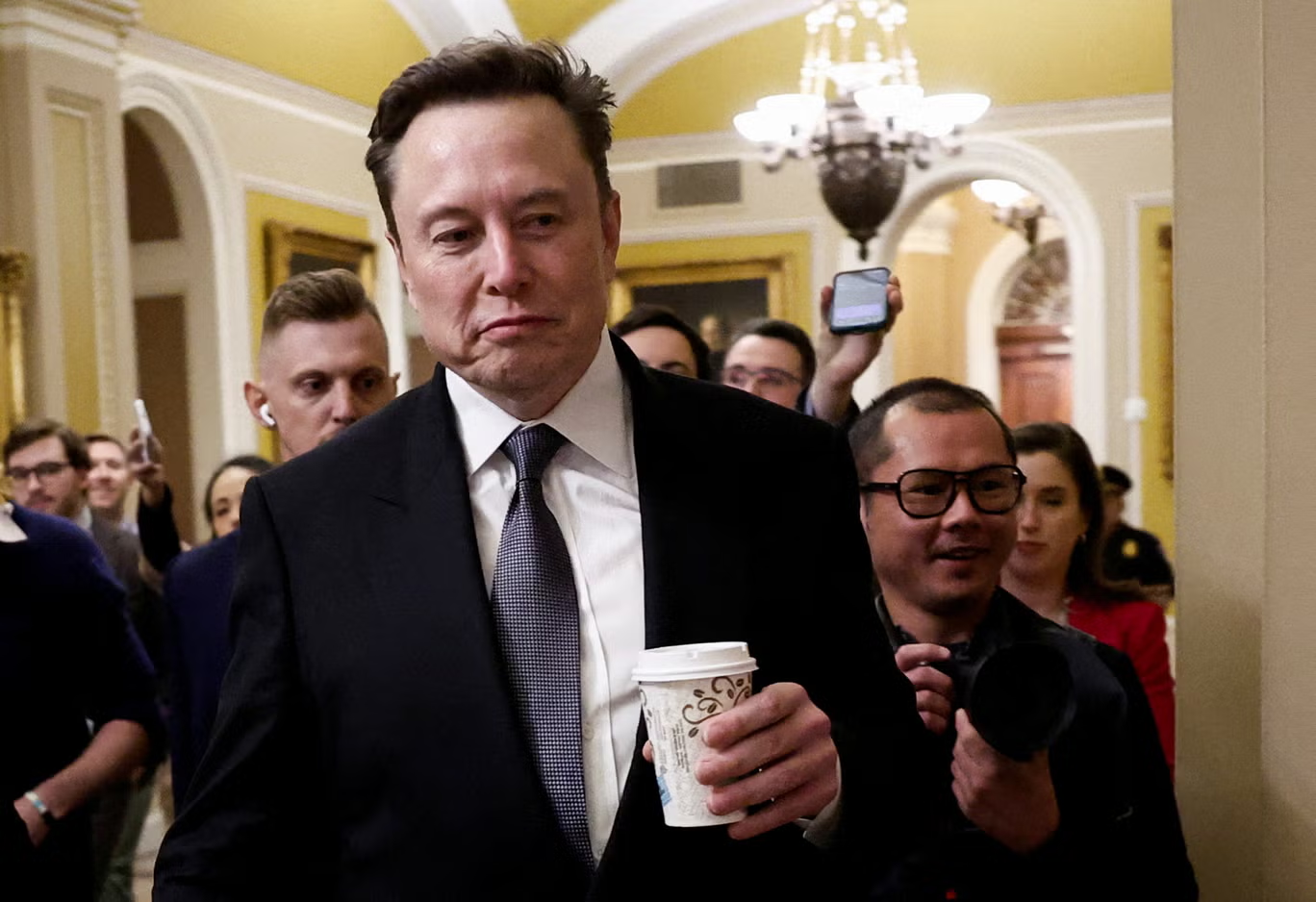According to the latest available census results in Montenegro, 41.12 percent declared themselves Montenegrins and 32.93 percent declared themselves Serbs. This update includes the complex ethnic composition of this very small Balkan state, which has been afflicted by tension and political shifts due to national identity and cultural affiliation for a long time.
Main Census Findings
The 2024 census shows an ethnically fragile balance in Montenegro, since the majority group, albeit by a mere percentage-point margin, consists of Montenegrins, followed closely by Serbs. These results contain the history of both groups and the contemporary political dynamics in between.
Some of the other important findings are related to:
Bosniaks/Muslims: All or almost all of this 9% of the population reported as Bosniaks or Muslims, settling mostly in the north and in the towns.
Albanians: Alba- nians make up almost 4.9% of the popula- tion and are mainly found along the borders with Albania and Kosovo
Croats: The Croats number is smaller but still reside in towns along the coast, especially the region of Kotor
Others and Undeclared: The rest declaration stated themselves to be other or didn’t declare ethnic ity at all
A Fragile Dialectic
The small demographic gap between Montenegrins and Serbs marks the heart of what may be named a society in which identity is at once individually or personally significant as well as politically significant. Traditionally, the population of Montenegro has shared cultural, linguistic, and religious affiliations with neighboring Serbia. However, political development – for example, Montenegro’s independence from the State Union of Serbia and Montenegro in 2006 – has fueled debates regarding national identity.
Some Montenegrins see themselves as different from Serbs- focused on sovereignty, history and culture-but also focus more, others strongly identify with Serbia and consider that the two nations cannot be separated in any way. This duality often plays out in political discourse, for example, shaping elections, public policy, and cultural expression.
Political and Social Implications
Census results will almost inevitably mold the political landscape in the run up to elections. Montenegro is known for its ethnic diversity and, so far, has dominated political party coalitions largely along ethnic and national identity lines.
Pro-Montenegrin Parties. These parties advocate national sovereignty and European integration and are popular among those who see themselves as Montenegrins.
Pro EU Integration and Anti-NATO parties: They generally are favorable toward cooperation with Serbia and may frequently demonstrate against its accession or close cooperation with NATO or the European Union.
Montenegro has recently been one of the battlegrounds on which Russia and the West are vying for influence, in this case, at the expense of Serbia. The growing Serb population in the country is likely to make parties pro-Serbian, with national implications for foreign and domestic policy.
Social-cultural Development
Beyond the political implications, it suggests sustained conversation about ethnic coexistence. Montenegro had taken a lot of pride in being multicultural and peaceful: various ethnic and religious groups coexisted within this small but diverse territory. However, conversations regarding the national identity often heated and ignited by political storytelling have strained social cohesion.
The religious identity is also at the forefront, where Serbia boasts a huge population that is Serbian Orthodox. The church has experienced its share of tensions, especially where the Montenegrin authorities are looking to create its own faith-based institutions.
Going Forward
Progress toward integration into the European Union will thus bring the challenge of unity while preserving ethnic diversity for the country. The evidence of national identity is strong at 41.12%, but very clearly pronounced at 32.93%, the Serbian population reminds the harsh reality that cannot be ignored.
And now that the tally has been taken, it leaves Montenegro’s leaders in a kind of delicate decision point at the crossroads of political considerations – to respond to the desires of a multicultural society while forging ahead embracing identity and progress.
The results of the census will set Montenegro’s future not depending on how they are going to interpret or ignore them, but on how the government, political parties, and civil society as a whole react to the data in the coming months: domestic policy, relations with the region, everything. It is wished that these numbers can serve as a catalyst for constructive dialogue and shape a society where all communities feel represented and valued.
The results of the 2024 census remind us that Montenegro’s story is one of diversity—one of challenges, but at the same time rich in opportunities for unity.
Image Source











